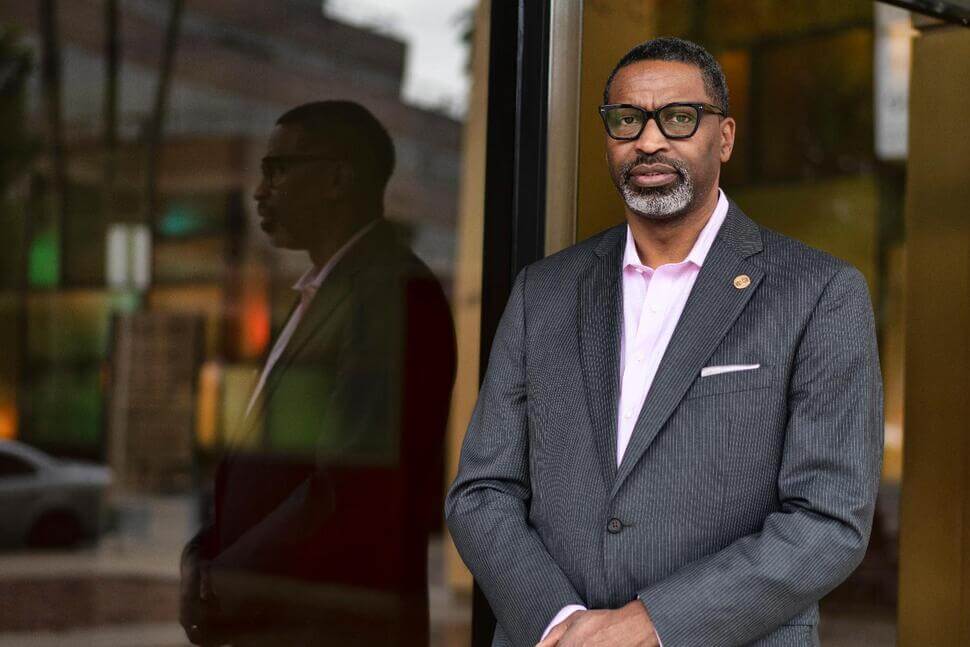By AARON MORRISON, Associated Press
As the NAACP turns 113, look for its voice to grow louder on issues like climate change, the student debt crisis and the ongoing response to the coronavirus pandemic — while keeping voting rights and criminal justice reform at the forefront of its priorities.
The nation’s oldest civil rights organization’s birthday next month comes as it undergoes a restructuring to reflect a membership and leadership that is trending younger, to people in their mid-30s. As a result, it is adding endeavors like producing TV streaming content for CBS.
The hope is that younger Americans see the NAACP has modernized beyond being grandma and grandpa’s go-to civil rights hub, good for much more than voter-registration drives and the star-studded Image Awards.
“We had to reinvigorate the organization,” national president Derrick Johnson, 53, told The Associated Press.
Political Cartoons
“The changes that we have seen are absolutely necessary for the organization to exist for the next 112 or 113 years,” he added. “But more importantly, we are more targeted in our work and are driven by outcomes as opposed to output.”
The NAACP’s legacy includes the legal desegregation of schools and workplaces, crusades against lynching and racial terrorism, and pursuit of socioeconomic advancement for Black Americans. It commands the respect of U.S. presidents and Capitol Hill powerbrokers, confers with U.N. diplomats on global issues and trains future leaders through its network of thousands of state and local branches.
But in periods of NAACP history when it found itself embroiled in financial hardship and internal power struggles, the group appeared ineffective or even irrelevant. Past critics have said the NAACP was insular, too concerned with corporate funding, and not nearly nimble or progressive enough for the times.
“The best of the NAACP is when it fought for change, not as payback for Black people voting for a candidate, but because the change was…

